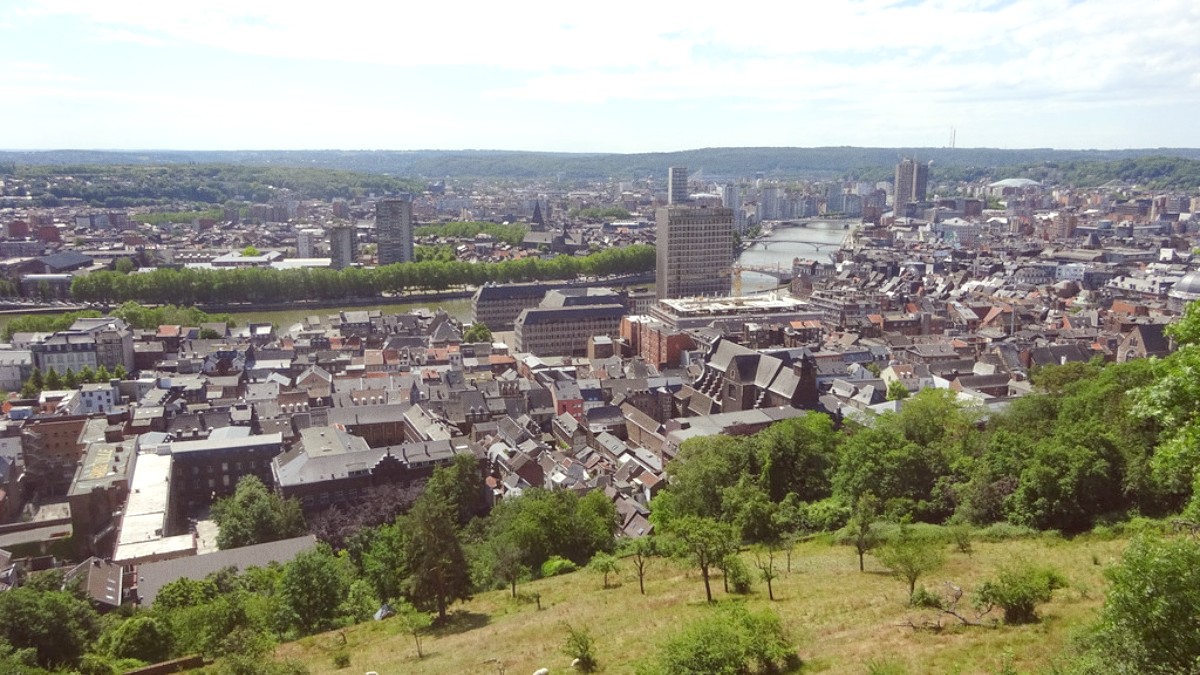
Wallonia, Belgium
Belgium has three main mobile network operators: Proximus, Orange, and Base. Prepaid SIM cards are readily available at provider boutiques, larger supermarkets, and newsstands.
Wi-Fi is widely available and often free in hotels, many cafes, restaurants, and bars. Public Wi-Fi hotspots are also common in train stations and shopping centers.
Bpost is the national postal service of Belgium. Post offices are available throughout the city for sending mail and parcels. Stamps are also available at newsstands or convenience stores.
French is the official language in Wallonia, where Liège is located. All official signs and public announcements are in French. English is widely spoken in tourist areas and by younger generations.
Locals appreciate any effort to speak French, even a few words. A simple "Bonjour" and "Merci" significantly aid interaction.
Generally open Monday to Saturday, from around 10:00 AM to 6:00 PM or 7:00 PM. Many shops are closed on Sundays, with exceptions for larger stores or special shopping Sundays.
Lunch service: 12:00 PM - 2:00 PM. Dinner service: 6:00 PM - 10:00 PM. Kitchens often close between lunch and dinner. Cafes and bars open earlier and stay open later.
Typically closed on Mondays. Generally operate Tuesday to Sunday, 10:00 AM - 5:00 PM or 6:00 PM. Always check specific websites for exact hours, as these may vary.
Traditional bank branches typically open Monday to Friday, from around 9:00 AM to 4:00 PM or 5:00 PM. Some may close for a lunch break.
Smaller attractions, independent shops, or businesses may have reduced hours or close completely during the low season (winter, excluding the busy Christmas market period).
It is wise to plan your activities around these schedules, especially during public holidays, to ensure a smooth visit.
Shake hands in formal settings. Close friends often exchange one to three kisses on the cheek, typically starting with the right. Always use "Bonjour" when entering a place and "Au revoir" when leaving.
Belgians generally dress in a casual yet neat European style. Jeans are common but are often paired with a smart top. For churches, modest dress (covered shoulders and knees) is appreciated.
Wait to be seated in most sit-down restaurants. It is customary to keep your hands visible on the table during meals. Tipping is not mandatory, but rounding up or a small extra amount for excellent service is common.
Photography is generally permitted in public spaces. Always ask for permission before photographing individuals, especially children. Some museums or exhibits may prohibit flash photography or photography altogether.
Being mindful of these cultural norms will enrich your experience and foster positive interactions with locals.
Liège works towards improving accessibility, but its historic nature can present some challenges.
Newer infrastructure, like Liège-Guillemins train station and the new tram system, is generally designed to be accessible. This includes ramps, lifts, and level access points.
Major museums like La Boverie and Grand Curtius Museum often have ramps or lifts, making their main exhibition spaces accessible. Always check specific museum websites for detailed information.
Awareness of the needs of travelers with visual or hearing impairments is growing. Guide dogs are generally allowed in public places. Some museums may offer audio guides or tactile exhibits.
The Liège Tourism Office (Visit Liège) can provide current and specific accessibility information regarding attractions, accommodations, and transportation. Their website may also feature dedicated sections.
While Liège presents some historical challenges, ongoing efforts and modern infrastructure improve accessibility for all travelers.